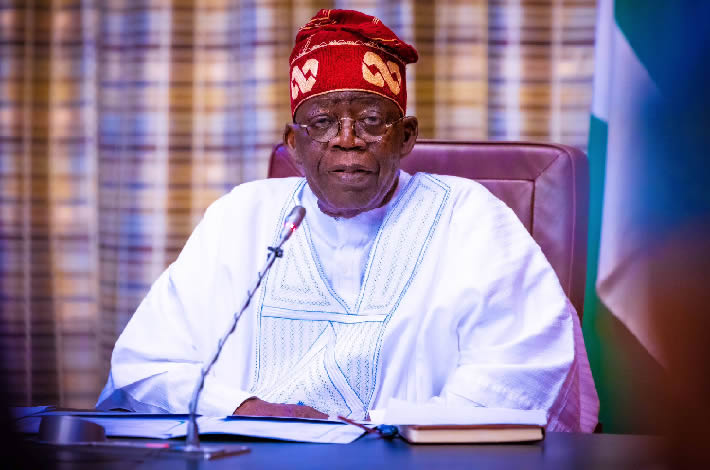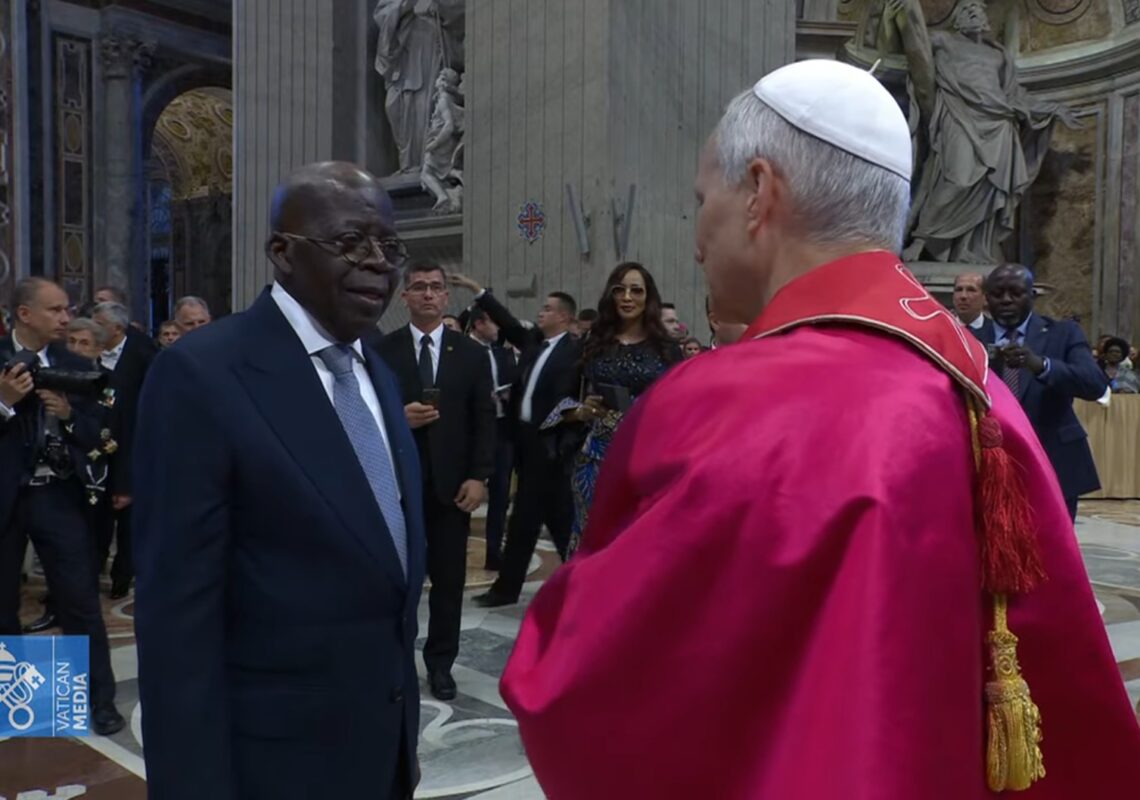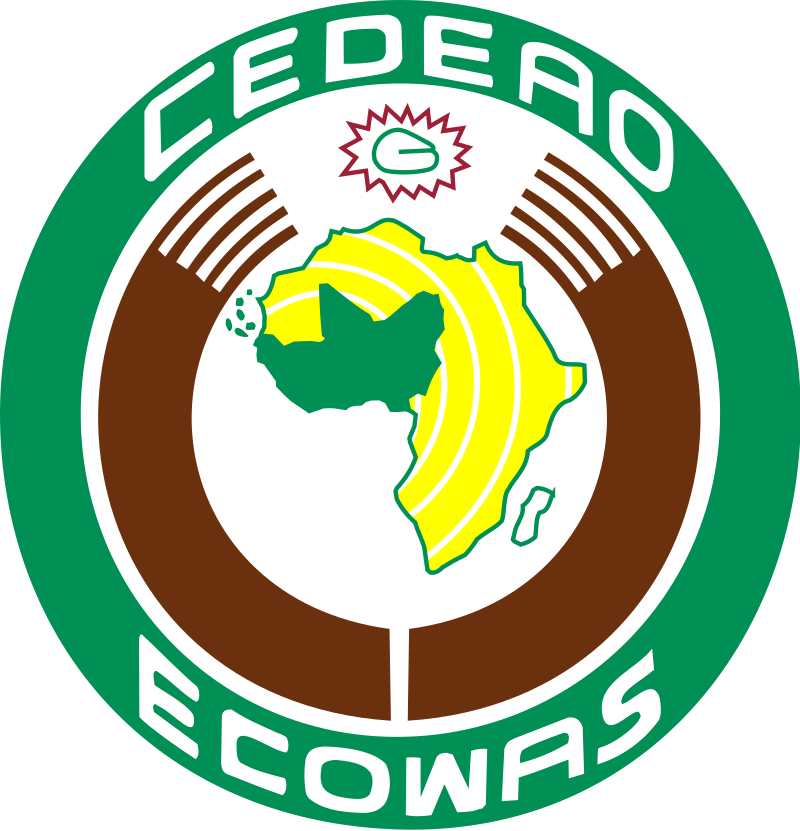President Bola Tinubu, during a panel discussion at the G20 Compact with Africa Economic Conference in Berlin, Germany, emphasized to international investors that beyond Nigeria’s abundant natural resources, the country’s highly educated, skilled, and industrious population stands as its primary asset and advantage in the global competition for new investments.
Addressing a panel on “Fostering local value chains and investments in Africa – The role of the German private sector,” President Tinubu underscored the significance of Nigeria’s energetic youth population and well-educated populace, presenting them as a compelling incentive for investors seeking mutually-beneficial opportunities, akin to China’s economic resurgence.
“We are actively engaged in the development of natural gas today, alongside hydrogen production for tomorrow. Nigeria is recognized globally as a leader in the energy sector, with vast gas deposits and a business-friendly environment. Beyond this, we are implementing fiscal responsibility and tax reforms to swiftly accommodate foreign investments,” President Tinubu stated.
Highlighting the nation’s readiness to collaborate, he emphasized Nigeria’s unique strengths, including the youngest, largest, and most vibrant youth population in Africa, a well-educated populace, a substantial market, and the political will to forge a modern economy under his leadership.
President Tinubu dispelled past notions of business disincentivization and poor adherence to the rule of law in Africa. He expressed the country’s commitment to partnering on the basis of its merits rather than outdated misconceptions.
Providing insights into Nigeria’s economic transformation, President Tinubu highlighted intentional efforts to develop labor-intensive sectors for substantial job creation, a renewed focus on technological progress, and burgeoning opportunities in the information and communications technology sector.
Assuring potential investors of Nigeria’s economic reforms, he emphasized the removal of obstacles hindering businesses and the creation of a conducive atmosphere for investments. He invited German automobile firms to establish manufacturing plants in Nigeria and encouraged German businesses to explore diverse investment opportunities.
German Chancellor Olaf Scholz, sharing the stage, acknowledged the evolving economic relations between developed and developing nations. He emphasized a shift from traditional development aid to mutually-beneficial investments, particularly in green hydrogen production, where African countries, including Nigeria, hold vast potential.
The panel discussion also featured notable figures, including President Alassane Ouattara of Côte d’Ivoire, Prime Minister Aziz Akhannouch of Morocco, and President Macky Sall of Senegal, alongside business leaders Sabine Dall’Omo and Siemens AG’s CEO for Sub-Saharan Africa. President Tinubu later hosted a Nigeria-Germany Business Roundtable with German Business Chief Executives.




